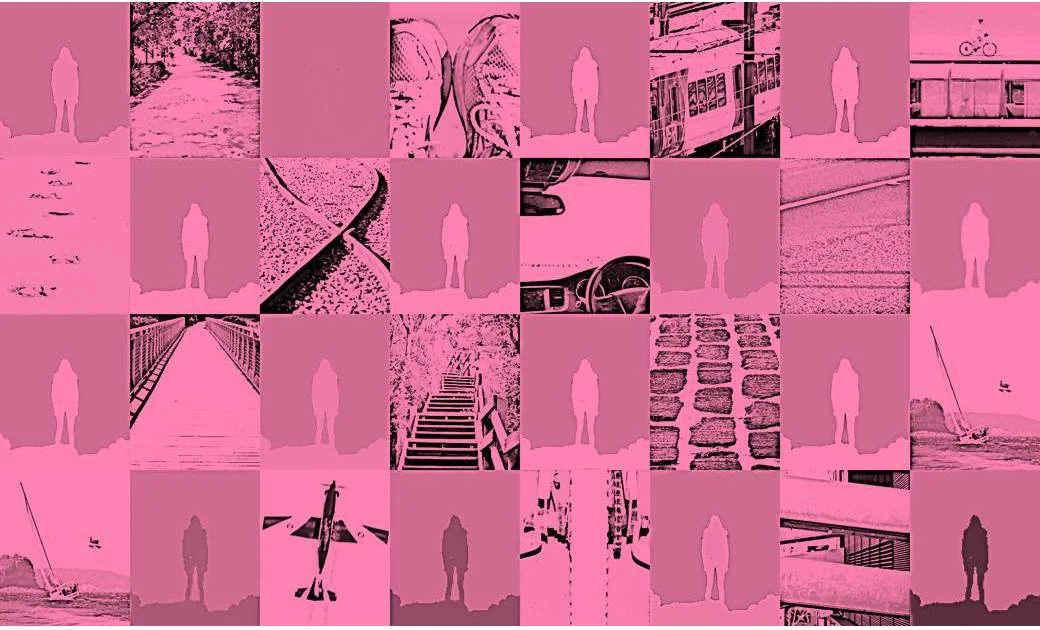Let me give you a visual through the Johari Window
The Johari Window model is a simple and useful tool for illustrating and improving self-awareness, and mutual understanding between individuals within a group.
Specifically look at the Johari Window (hover over) diagram opposite, at the bottom righthand corner, ‘unknown area’, labelled with a 4.
Why? These are unknown issues that will challenge us and help us to understand ‘who am I?’ These issues take a variety of forms: they can be feelings, behaviours, attitudes, capabilities, aptitudes, which can be quite close to the surface, and which can be positive and useful, or they can be deeper aspects of a person's personality, influencing his/her behaviour to various degrees. Large unknown areas would typically be expected in younger people, and people who lack experience or self-belief.
Examples of unknown factors:
- an ability that is under-estimated or un-tried through lack of opportunity, encouragement, confidence or training
- a natural ability or aptitude that a person doesn't realise they possess
- a fear or aversion that a person does not know they have
- repressed or subconscious feelings
- conditioned behaviour or attitudes from childhood
Applying the Johari Window model in context of career development:
You try a new task that you've previously shied away from. You discover new skills and expand your self knowledge. Your peers see you performing the task well and their view of you changes. They report their observations back to you, and this expands your self knowledge again.
Your managers, leaders, teachers, coaches and parents can help by creating an environment that encourages self-discovery, and to promote the processes of self-discovery, constructive observation and feedback among others. Creating a culture, climate and expectation for self-discovery helps people to fulfil more of their potential and thereby to achieve more individually and/or as member of a team.
Have some fun and see if you can apply ‘Johari Window’ to personal circumstances and issues.
Things to keep in mind when applying the Johari Window:
- The key is to develop your ‘open area’ - where communication is good, with no mistrust or misunderstanding.
- Trying new things, with no great pressure to succeed, is often a useful way to discover unknown abilities, and thereby reduce the unknown area.
- The uncovering of Information and knowledge can be prompted through self-discovery or observation by others, or collective or mutual discovery, such as walking the Kokoda Track or intensive group work.
- One on one career counselling can also uncover unknown issues
- Uncovering your 'hidden talents' that are unknown aptitudes and skills are another aspect of developing the unknown area.
- The process of self-discovery of one's own feelings is a sensitive one and must always be an individuals own discretion. Some people are more keen and able than others.
- Please note with caution the Johari region 4: The unknown area could also include repressed or subconscious feelings rooted in formative events and traumatic past experiences, which can stay unknown for a lifetime. People in this situation should consider using a trained psychologist to help them address these issues.

